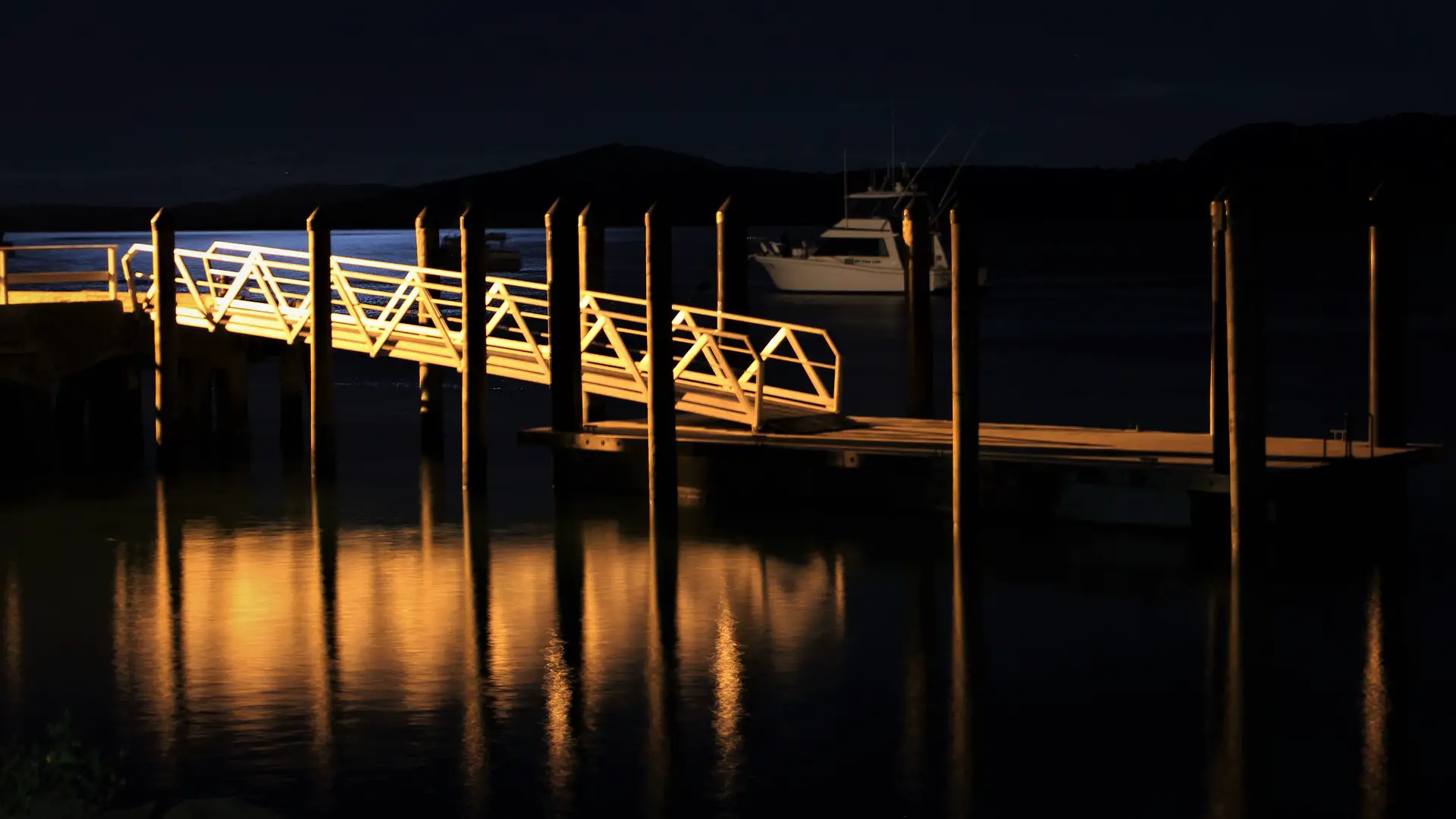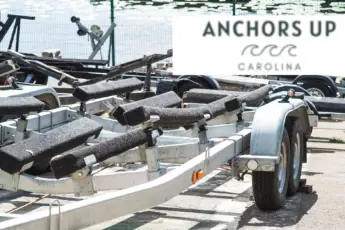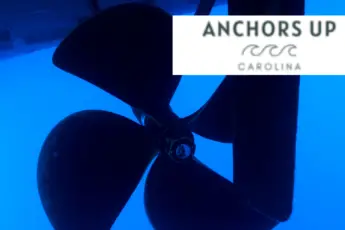For those in the marine industry, boating at night is a common occurrence. However, for pleasure boaters, operating at night most often comes by choice. What may seem easy in full sunlight, a completely different operation element exists once the light of the day fades away. It is essential to understand the challenges faced but also to enjoy the beauty of shore-side cities and towns glowing in the dark.
Why would you boat at night?
- To enjoy holiday boat parades or 4th of July celebrations
- Views of a cities skyline
- As a means of escaping the heat of the day
- Returning from dinner at a waterfront restaurant
- Departing before sunrise to a favorite fishing ground
Preparation for Boating At Night
If you plan to be out on the water after sunset, preparation is key.
- Test all navigation lights, including removing the stern light from an onboard storage locker and placing it in its socket
- Purchase a handheld spotlight and be sure that is fully charged
- Be sure navigation equipment is functioning correctly
- Purchase Coast Guard required visual distress signals as either flares or an electrical signal. If already onboard, check all expiration dates.
- Flashlights can come in handy as well
When it comes time to get underway in the dark or if the sun is falling, remember to turn on navigation lights. Remembering to turn the lights on is commonly overlooked.
Most boaters will follow the same route to the destination of choice. These routes that are as common as driving to the neighborhood grocery store will be turned upside down after the sunsets. What was always familiar will become unfamiliar. New visual clues will become necessary to navigate the boat safely.
Tips for Navigation At Night
- Keeping onboard lighting dimmed low- Allowing your eyes to adjust to low light conditions naturally will dramatically increase your ability to see in the dark. Dim down navigation equipment, walk lights and avoid looking at cell phone screens.
Helpful lighting tips for Boating At Night
- Utilize a red-colored flashlight as this will not affect vision.
- Keep a towel handy to cover dash lighting allowing you to remove it for a glance quickly.
- A second set of eyes- As the boat operator, you are monitoring equipment that takes away from your ability to have your eyes glued on the horizon constantly. A passenger who is enjoying the sights can assist in maintaining a lookout.
- Reducing Speed- It likely happened to you before, you are speeding across the water and narrowly avoided floating debris found floating at the surface.
- Utilizing Technology- If your vessel is equipped with a Global Positioning System, trust it. Visual cues such as channel markers are beneficial and will more times than not lead you safely back to harbor. Should you become disoriented, readjust your course based on position using the GPS in front of you with a dimmed screen. Remember not to keep your vision solely on the screen; a forward view over the bow is a must.
- Visual Awareness- Sure, we all may see the colored channel mark light or lights of an oncoming or crossing boat ahead of us, but how do we react? Rules of the road should be studied and learned before leaving the dock at night. Understand and memorize the channel mark coloration for returning to a marina and who the stand-on vessel is when faced with a crossing situation to avoid a collision.
- Tools to assist in the dark- Don’t just let your fully charged spotlight sit stored away. When approaching a dock without lighting, channel marker, or reading a slip number, a spotlight is a useful tool. Most importantly, when the unthinkable happens- A person overboard. Quickly shine the light on the victim and keeping shone on them to safely retrieve the person.
Conclusion
Operating a boat in the nightime hours is an exciting experience. What quickly becomes aparant is that the navigator and the passangers see things from a completely different perspective. Enjoy the sights of the brightly colored shore and take in the beauty of it all. This can all be done safely by following simple safety procedures and by being prepared in advance.








Leave a Comment
You must be logged in to post a comment.